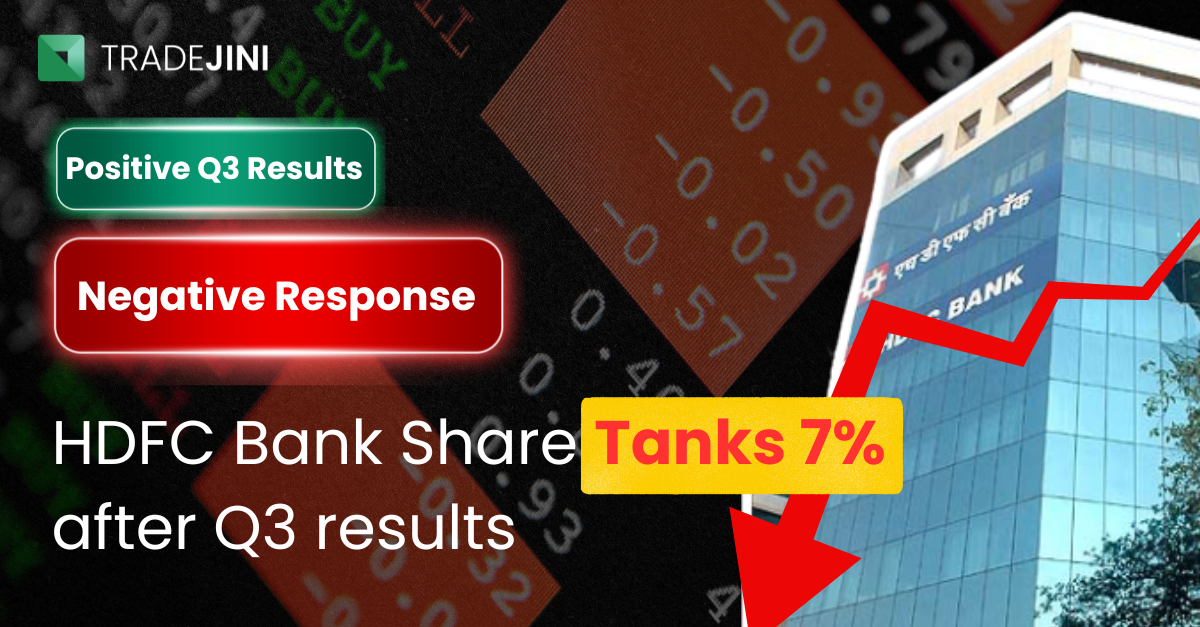You finally find time after being preoccupied with life for over a year. So you decide to boot up your good old stock brokerage app, ready to study, analyze, and invest in the market. But to your surprise, it prompts you that you cannot trade. Upon further inspection, you come to find out that your Demat account has been deemed dormant.
A small panic sets in because you have some securities. Pause. Fear not. Your account and your securities are safe. Let’s explore what you should do to reactivate your demat account.
What is a Dormant Account
A Demat account provides investors the opportunity to invest in stock market instruments such as equity shares, bonds, mutual funds, IPOs & FPOs, and so on…
The status of a Demat account is determined by transactional activity. So, if an account remains inactive for a period of 12 months, it is automatically classified as a dormant account. Inactivity refers to a lack of transactions in the account. So if an individual has not bought or sold any shares, ETFs, MFs, Commodities, and so on for a period of 12 months, the Demat account will become dormant.
This is according to a circular issued by the National Stock Exchange (NSE) dated June 30, 2023, which states that stockbrokers must classify a Demat account as dormant if the account has been inactive for 12 months.
Learn About: What is Volume in Trading, and How do Traders Use it?
Why are Demat Accounts Flagged as Dormant?
This is due to a host of reasons-
Preventing fraudulent activity
Oftentimes, inactive accounts become the target for fraudulent activities and illegal transactions. Thus, once an account is declared dormant, any fresh debit transaction will not be possible unless the account is reactivated.
Enhanced Verification
Once declared dormant, any transaction in the demat account requires additional verifications, adding a layer of security so as to ensure that only the owner of the account has access to make transactions. No transaction can take place on a dormant account without reactivation.
Therefore, classifying an account as dormant is a proactive security measure designed to prevent misuse and ensure that only authorized and aware individuals can access and manage their accounts. This helps safeguard both the account holder's assets and the integrity of the financial system.
Learn About: How to Check Your Demat Account Number
Demat Account Reactivation Process
The reactivation process is fairly simple. Once you confirm with the Depository Participant (DP) that your account is dormant, you can fill up a reactivation form that is issued by your DP. Then you should submit the form along with identity proof such as a PAN card or passport.
Within 12 to 24 months after the date of the last trade, you can submit a reactivation request to your DP through your registered email ID.
However, post 24 months after the date of the last trade, a Re-KYC (know your customer) procedure is in order along with IPV, that is, In-Person Verification. The Re-KYC process is more comprehensive because it requires in-person verification (IPV), submission of required documents, completion of a KYC form, and uploading of photographs, among other steps.
After the reactivation process is complete and it is approved by the DP, the demat account can continue to be actively used. Keep in mind that some brokers might charge a reactivation fee or handling charges.
Funds and Securities are Unaffected in Dormant Demat Accounts
To put your mind at ease about your holdings…
Your holdings are unaffected. They are held in safe and secure custody by the depository. You will gain access to them once your account is reactivated.
To sum it up, your demat account will be flagged dormant due to 12 months of inactivity. However, it can be easily reactivated by filling out a form and completing the required verification process. However, if no action is taken for 24 months, then a Re-KYC and IPV process is required. There is no need to panic as your holdings are safe, allowing you to get back to investing and trading once your demat account is reactivated. On that note Happy Investing with TradeJini!!!
Also Read: Expiration Date in a Futures Contract: Significance, Factors to Consider & Managing Risk



